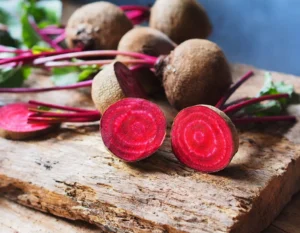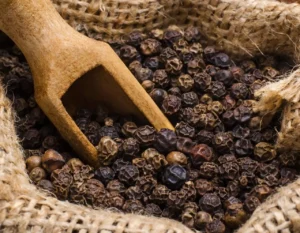Ocimum tenuiflorum, commonly known as holy basil, tulsi, or tulasi, is an aromatic perennial plant in the family Lamiaceae. It is native to tropical and subtropical regions of Asia, but is now widely cultivated throughout the world.
Holy basil is a small, bushy plant with green or purple leaves and small, white or purple flowers. It has a strong, pungent smell and a slightly minty flavor.
Holy basil has a long history of use in traditional medicine, particularly in Ayurveda. It is believed to have a wide range of health benefits, including:
- Boosting the immune system
- Reducing inflammation
- Relieving stress and anxiety
- Improving digestion
- Reducing fever
- Protecting against heart disease
- Reducing blood sugar levels
- Fighting cancer cells
Holy basil can be consumed in a variety of ways, including:
- Fresh leaves can be added to salads, soups, and other dishes.
- Dried leaves can be used to make tea or infusions.
- Holy basil extract can be added to capsules, tablets, and other dietary supplements.
Holy basil is generally safe for most people to consume, but it is important to talk to your doctor before using it, especially if you have any underlying health conditions or are taking any medications.
Ocimum tenuiflorum is an aromatic perennial plant in the family Lamiaceae. It is native to tropical and subtropical regions of Asia, but is now widely cultivated throughout the world.






Reviews
There are no reviews yet.